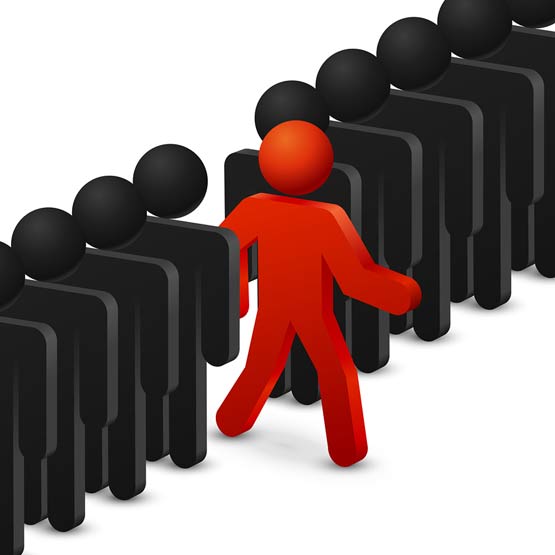
Is the struggle between the individual and the collective meant to be fought or won?
No man is an island, wrote John Donne. Neither is any nation, even if itís the island nation of Great Britain.
This contradiction lies at the heart of the current political crisis facing British Prime Minister David Cameron. And as the British contemplate their future place in the world community, the rest of us should contemplate what the world will look like for our children and their children after them.
There are two legitimate, opposing arguments facing Britain in deciding whether or not to remain part of the European Union. To compete in the world marketplace as part of an economic powerhouse works to the advantage of every European country, Britain included. On the other hand, the threat to employment and security posed by unrestricted immigration may offset any benefits.
But whatever the British end up deciding for themselves in this monthís referendum, there is a deeper issue in play, one that has implications for all of us.
A TIME TO EMBRACE, A TIME TO REFRAIN FROM EMBRACING
The intrinsic tension between the individual and the collective becomes more and more acute as the global village continues to shrink and the boundaries separating nations and peoples increasingly lose significance. By its very nature, this New Collectivism promises to erase the national and cultural identities that make countries and individuals who they are.
Perhaps this is in part responsible for the rise of Groupthink. When people feel pressured to conform to societal norms, they become more likely to react by segregating themselves into ideological enclaves, where they wonít have to engage others who might challenge their religious, political, or cultural, points of view. We want to be part of the whole; we just donít want to give up being who we are to do so.
This same paradox lies at the heart of multiculturalism, the confused ideology that seeks to celebrate distinct ethnic and cultural identities while simultaneously blending all people into a single, homogenized puree, preaching open-mindedness while censuring all who resist the party line.
The problems arise from trying to eliminate tension rather than embracing it. The violinist in a symphony orchestra will not benefit by replacing every wind, brass, and percussion player with another violinist. Neither will he be tolerated by departing from the musical score to demonstrate his virtuosity. Each player contributes to the creation of music only by subjugating his individual agenda to the whole while expressing his unique talents according to his ability.
The result is possibly the greatest achievement of human society: harmony.
THE ORCHESTRA OF MANKIND
When differences contribute to a cooperative effort and merge into absolute unity, when each individual relinquishes not all but part of himself to benefit the collective, when every person considers the success and welfare of every other as intrinsic to his own, then the sweet melody of oneness transports us to a plane no one can reach on his own, no one can attain at the expense of another, and no one can acquire by extinguishing his own true self to be part of an unvariegated whole.
But itís not easy.
On one side, human ego never gives up without a fight. On the other, the temptation to dissolve into a larger identity is compelling -- to welcome the simplicity of going along to get along, to chant superficial slogans without concern for the nuances and subtleties of truth. To seek that elusive middle ground often means making enemies on both sides and suffering the loneliness of non-partisanship.
Balance is hard. So hard, in fact, that many prefer to vilify those who strive for it rather than make the effort themselves. Democracy is a messy business that allows self-interest to overrule common sense and permits scoundrels to rise to power. History provides too many examples of populations who voted away their own freedom for the promise of a tidier, less complicated life.
So what should Britain do -- remain a part of something greater than itself or reassert its own national identity?
Personally, I have no idea. But the struggle involved in working toward a resolution is a healthy one. And itís a struggle that should define all our lives, day after day, year after year, generation after generation.
Comment by clicking here.
Rabbi Yonason Goldson, a talmudic scholar and former hitchhiker, circumnavigator, and newspaper columnist, lives with his wife in St. Louis, Missouri, where he teaches, writes, and lectures. His new book Proverbial Beauty: Secrets for Success and Happiness from the Wisdom of the Ages is available on Amazon.



 Contact The Editor
Contact The Editor
 Articles By This Author
Articles By This Author